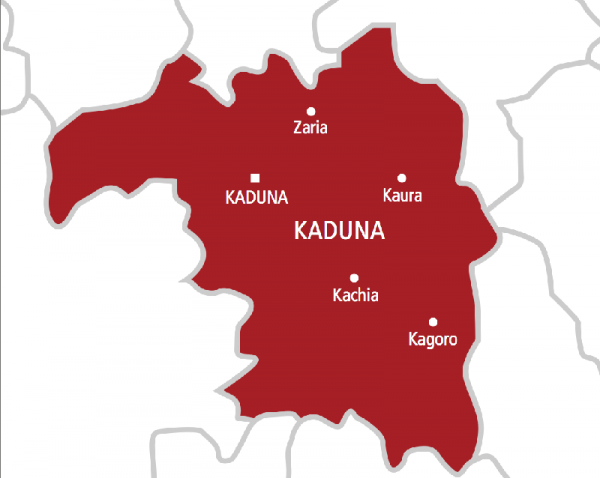Chikun Local Government Education Authority in Kaduna State says it has uncovered nine cooks who disappeared after collecting N692,000 to feed pupils in area of the ongoing National Homegrown School Feeding Programme.
The Education Secretary, Dr. Ibahim Danmaraya, told the News Agency of Nigeria (NAN) in Kaduna on Thursday that the names of the cooks had been forwarded to appropriate authorities for immediate action.
Danmaraya said the four of the cooks collected N336,000 to feed 336,000 pupils in a month, but failed to supply the food, while five others paid N356,000 were no where to be found.
“No one knows who they are or where they are,’ the education secretary said.
According to him, the school feeding programme is neither meant for politicians nor a conduit pipe for highly placed individuals or any cook to make easy money.
READ ALSO: http://Imo govt. tasks Adapalm Board on weekly reports
“It is designed to improve enrolment, retention and completion rate of pupils in our schools, improve local economy and empower our women with job opportunities.
“Therefore, we will not accept anything less, which is why we embarked on aggressive monitoring, to ensure that every cook assigned to cook supplied the food in good quality and the right quantity.
“This is to ensure that every amount spent on the programme reach the targeted beneficiaries.”
Danmaraya stated that 134, out of the 255 primary schools in the council were currently benefiting from the programme, while 121 schools were yet to be captured.
He noted that the programme had also empowered 208 women in the area, who cook and supply food to the schools.
The education secretary advised the cooks against sharp practices, saying that anyone caught indulging in fraudulent practices would be dealt with, in accordance with extant laws.
Similarly, the official warned teachers and head teachers in the area against interfering with the school feeding processes for fraudulent purposes, adding that anyone caught would not be spared.
Danmaraya appealed to traditional institutions, community members and the school-based management committees to assist in monitoring the implementation of the programme, to ensure its success. (NAN)


